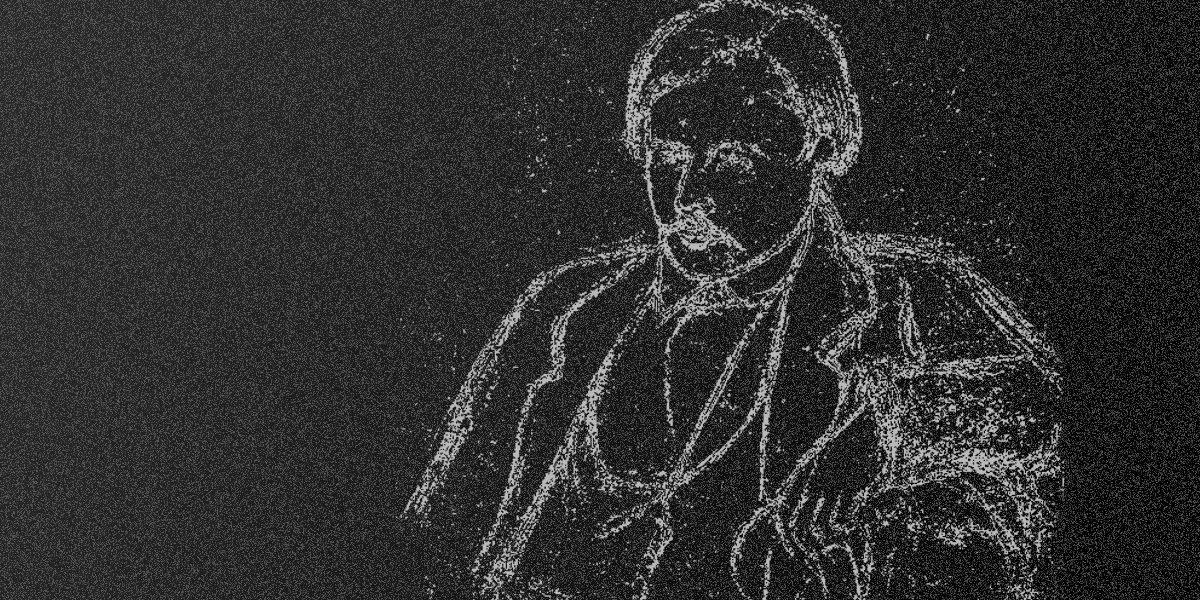Set in the aftermath of Chartism, the European revolutions of 1848, and the bursting of the railway bubble, William North’s The City of the Jugglers; or, Free-Trade in Souls: A Romance of the “Golden” Age (H. J, Gibbs, 1850) is constructed around the rise and fall of an audacious commercial speculation in human souls, and, with it, England’s reactionary social order. Punctuated by Carlylean statements of moral outrage, self-regarding authorial footnotes, diverting speculations on matters ranging from monetary policy to the state of modern cookery, repeated panegyrics on the versatile excellence of men-of-letters, and at least three doubled secondary plot lines, the book repeatedly transgresses and thereby calls attention to the formal conventions of the Victorian novel. This edition of The City of the Jugglers seeks to make this deliberately problematic text both available and accessible to a twenty-first-century audience of students and scholars. Freed from the market that it excoriates, hopefully North’s self-described “mythical history, magnetic revelation, dream of poetic vanity, incomprehensible cartoon, or whatever else it turn out to be in the eyes of men or angels” can speak to a new generation of “defenders of the people, which we, and we only, represent, in this age of transitions.”
The City of the Jugglers
Type: Editions Resource | Peer-Reviewed

